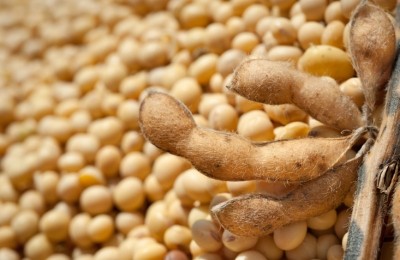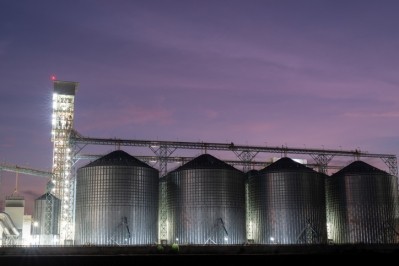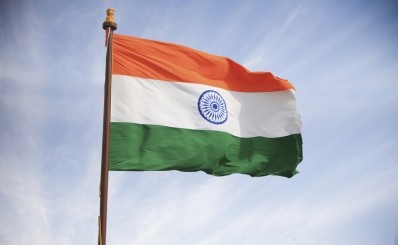India to import more genetically modified soybean meal on back of poultry industry pressure

The shipments need to be imported before September 30, as reported by Reuters.
The move followed a request for support from the country’s poultry industry, citing the high prices of domestic soybean meal.
The Indian authorities relaxed import rules in August 2021 to enable shipments totaling 1.2 million tons of GM soymeal to be imported, again to help the domestic poultry industry as feed prices rose to record highs.
But only around 650,000 tons actually arrived due to time constraints, and the fact that the government restricted the imports of the GM meal to containerized shipments through two ports.
Soybean meal is India’s most popular animal feed protein source, used in the Indian poultry, dairy, and pork production sectors.
The Indian government’s decision to allow for such foreign origin soybean meal purchases, though only for a temporary period, was partially successful in checking soaring soybean and feed domestic prices, found the USDA, in a December 2021 FAS review.
Now the authorities are allowing the remainder of the that initially sanctioned 1.2m tons of meal to be imported.
Soybean processors rail against decision
However, the soybean processors association of India (SOPA) is opposed to the move. Last week, the industry group urged the government not to allow such imports saying it would adversely affect local processors and farmers, reported local media.
“The suggestion for further import of GM soybean meal by some traders and the poultry industry will be totally counter-productive,” SOPA chairman, Davish Jain, said in a letter to India’s animal husbandry secretary, Atul Chaturvedi.
Import of soybean meal will help only one industry at the cost of another industry and millions of farmers will be discouraged from growing soybeans, the SOPA lead argued.








